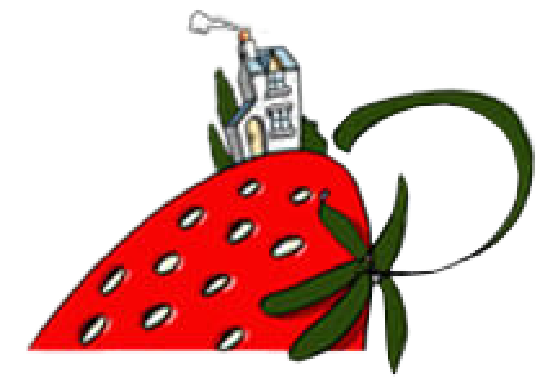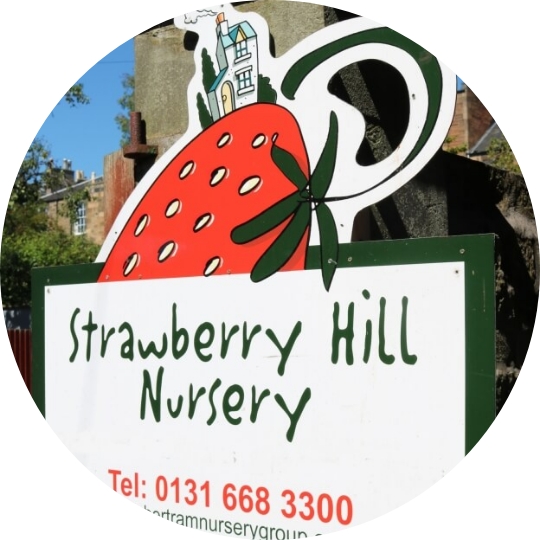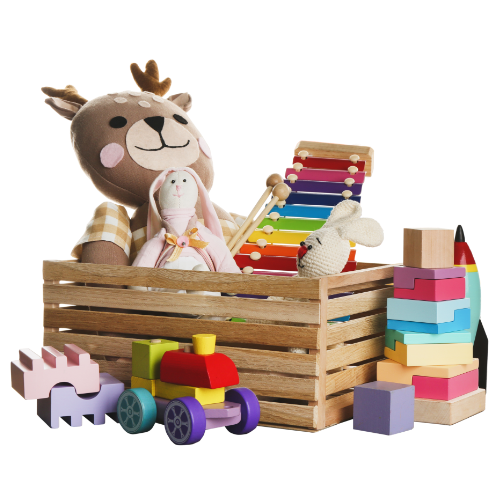Strawberry Hill Nursery Edinburgh has been rebranded as Corner House® Nursery The Grange. Visit Thrive Childcare to learn more.
Welcome To Our Nursery In The Heart of Edinburgh
Contact Us
About Us
Here at Strawberry Hill Nursery we offer quality Childcare and Early Education for children from 12 weeks to 5 years of age. Our nursery is conveniently located in The Grange at the heart of Edinburgh’s city centre, making us a great choice for families located in Newington, Marchmont, Prestonfield and beyond. Find us here.
Playrooms within our nursery are generously proportioned, carefully planned and extensively resourced to create inspiring learning environments in which children can grow and learn with confidence. We pride ourselves on offering children a wide range of activities and all of our children have access to outdoor play areas offering the opportunity for regular outdoor learning experiences across all areas of the curriculum.
Our nursery has been an established and respected Centre for Early Year’s Care in Edinburgh for over a decade and has developed a strong reputation for delivering quality and meeting the needs of individual children and their families.
Contact Us
Opening Hours
- Monday8am to 6pm
- Tuesday8am to 6pm
- Wednesday8am to 6pm
- Thursday8am to 6pm
- Friday8am to 6pm
- Saturday & SundayClosed
The Nursery Ethos
We accept all childcare vouchers and offer 3-5 year old funding. Our spaces can fill very fast so we do recommend you enquire as early as possible to ensure you get the sessions and start date you require.
We would highly recommend that to get a real feel for our nursery, you would be best to come and see for yourself! Our Nursery Manager would be delighted to give you a guided tour, introduce you to our staff and answer any questions you may have.
If you would be interested in arranging a viewing, simply call us on 0131 668 3300 or complete our book a viewing form to confirm your viewing.
Contact Us
"*" indicates required fields

Unique Features
- IconPrivate parking space
- IconHome from home
- IconCosy, comfortable atmosphere
- IconGreat commute links
Reviews
I don’t have kids that go to this nursery, but the staff here were extremely helpful and friendly when I had a cycling accident just around the corner. They came to help, cleaned up my bleeding elbow, bandaged it up, and even gave me some water. If they took such good care of me as an unfortunate passer by, the kids are definitely in good hands! Thank you all!
– Martin, Local Guide (Google Review)
Strawberry Hill is a lovely, caring and active nursery with well trained, friendly staff. The facilities, toys and garden are lovely and the activities planned for the children are varied and interesting. The food is well planned and well made and older children are involved in growing and cooking too. We as parents are recognised and treated as individuals, and any issues with care or behaviour have been dealt with promptly, calmly and professionally by all.